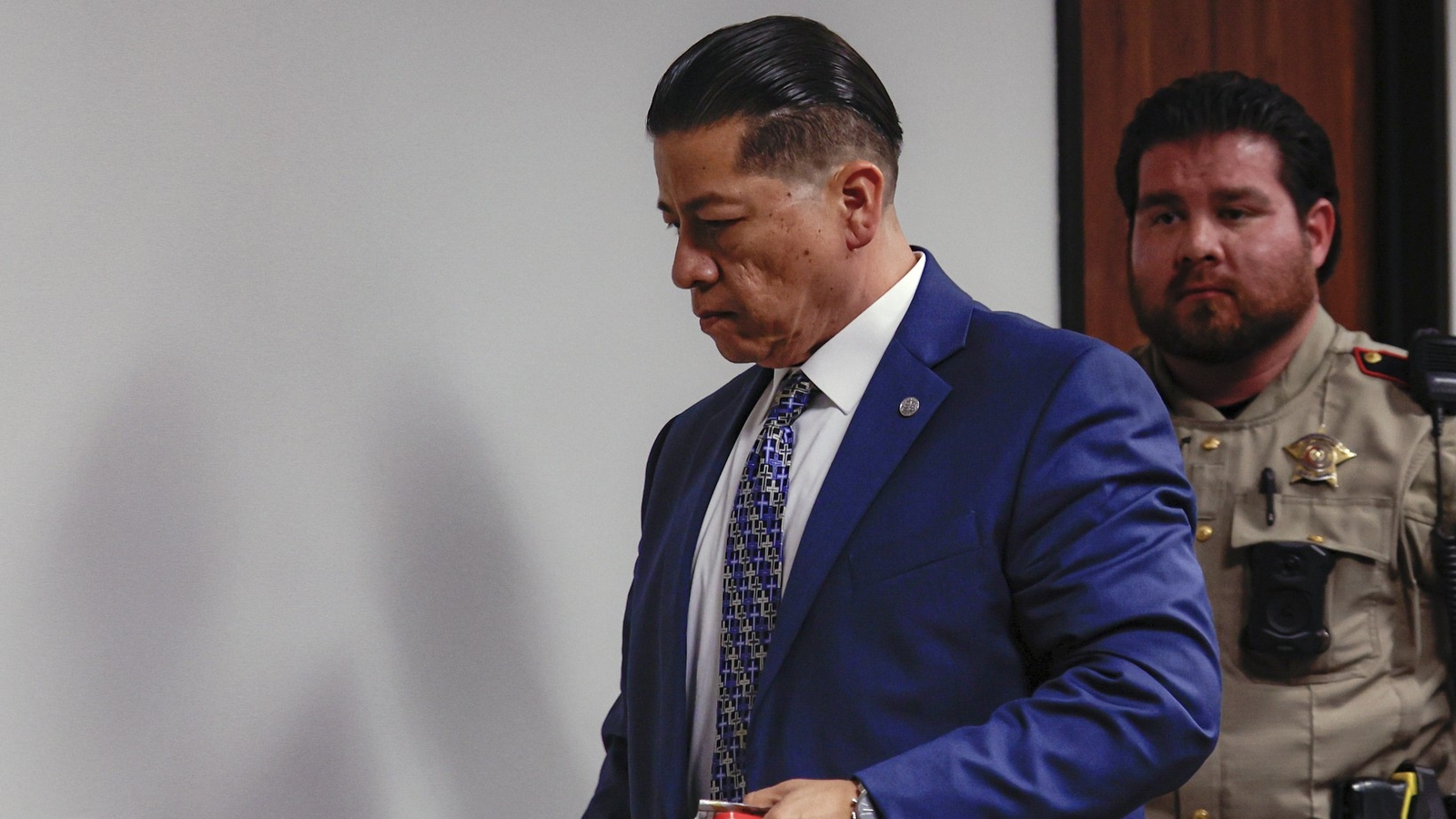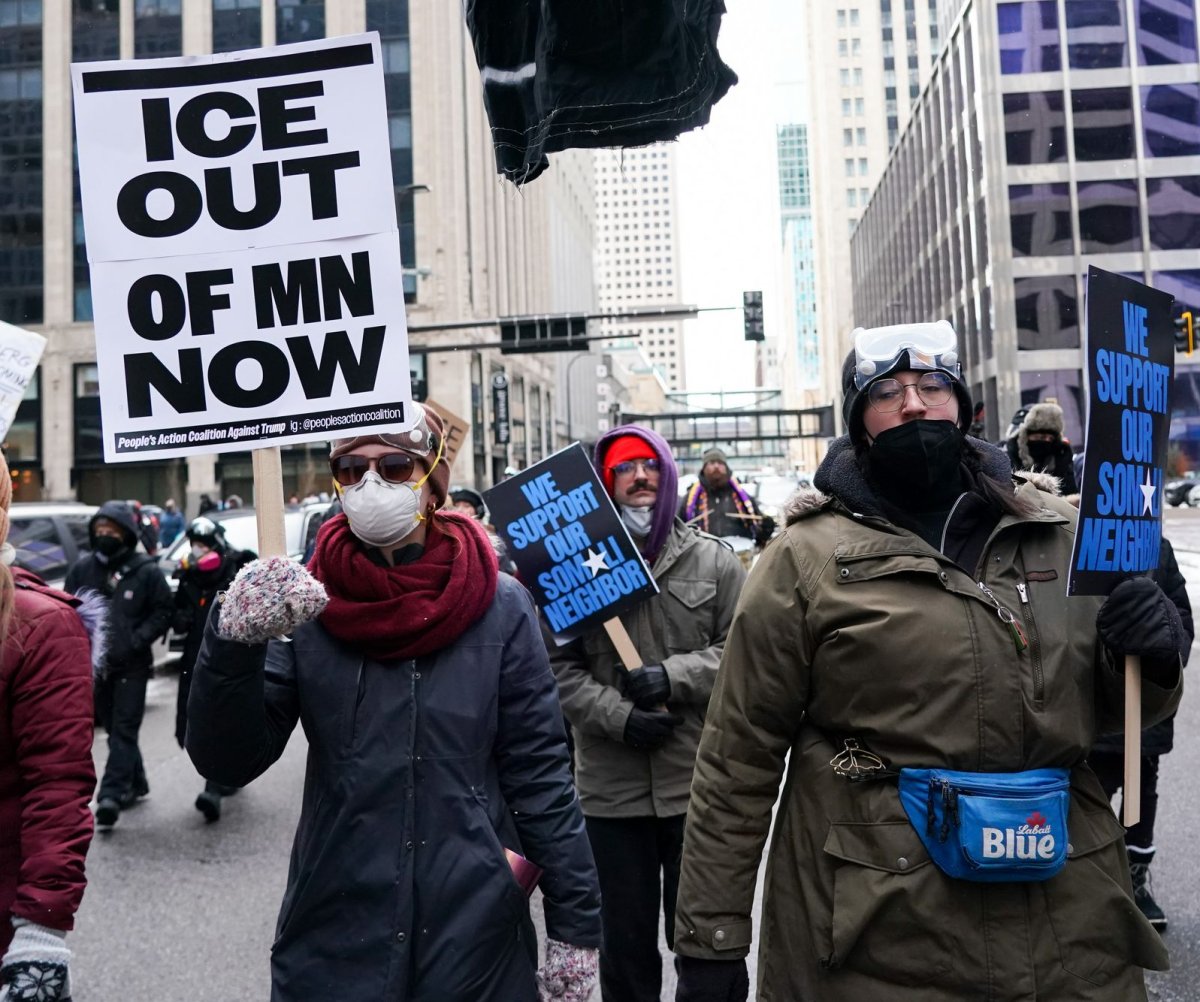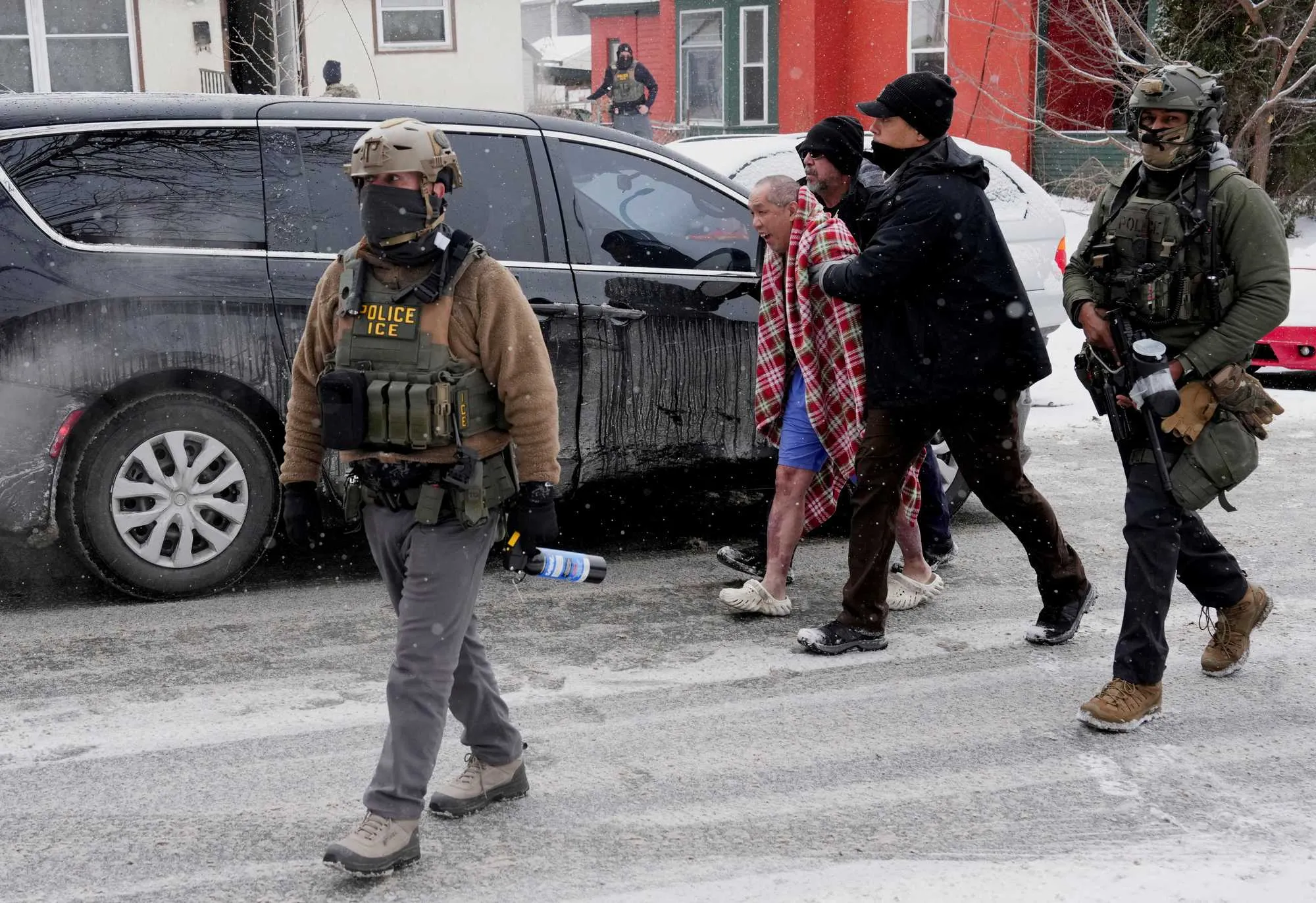Nearly 500 lawsuits filed under New York’s Adult Survivors Act allege abuse of prisoners at Rikers Island.
Of the more than 2,500 lawsuits filed under a special New York law, nearly 20% allege sexual violence against current or former prisoners at the infamous Rikers Island facilities.
New York’s Adult Survivors Act allowed survivors of sexual assault one year to sue no matter how long ago the alleged abuse happened. This has led to 479 lawsuits against New York City over alleged abuse at Rikers, a surge of litigation that may finally give many victims a chance at justice, legal experts and advocates say.
“There have been high rates of staff-on-inmate sexual victimization in New York state prisons,” attorney Anna Kull said. Kull said she has filed hundreds of civil cases related to reports of assault behind bars under the Adult Survivors Act.
“How do I have over 200 women who were sexually abused at Rikers? This is a systemic failure,” she said. “It requires comprehensive reform and you’re never going to see comprehensive reform without accountability.”
Gov. Kathy Hochul signed the act in May 2022, to amend state law and allow survivors of sexual violence who were over 18 at the time of the alleged abuse to sue the people they have accused regardless of the original statute of limitations. The act expired on Nov. 24, but not before a swath of lawsuits against celebrities such as Sean “Diddy” Combs and Jamie Foxx and politicians such as New York City Mayor Eric Adams and former President Donald Trump made headlines.
There has been little fanfare, however, over the Rikers cases.
Kull said she finds the number of lawsuits stemming from the jail to be staggering, but not surprising considering Rikers’ reputation as “one of the most dangerous prisons in the United States,” a sentiment shared by advocates supporting survivors of sexual violence.
Shanaye, 40, is one of Kull’s many clients. At 19 she was incarcerated at Rikers’ only women’s facility, the Rose M. Singer Center, known as Rosie’s, for a year and a half beginning in 2002. A correction officer took her into a bathroom, groped her and made her perform oral sex on him, her lawsuit alleges. She attempted to fight him off, but was reprimanded for assaulting an officer and placed in solitary confinement for about one year, according to the suit. Kull asked to only use Shanaye’s first name to protect her privacy.
“After the incident happened, he taunted me for weeks,” Shanaye said of the officer through tears. The lawsuit also states that the officer told Shanaye no one would believe her if she reported the abuse. “It’s a very isolating feeling. I really didn’t even know who I could tell, who I could trust. You can’t tell the therapist in the prison because you feel like she works for the prison. They look at you like you’re an inmate. You have no word. You have no honor.”
Some cases, like Genaro Campos’, stretch back even longer.
“When Genaro was incarcerated on Rikers Island in the early ‘90s, there was a female correction officer, who oversaw him and demanded sex from him. And he had no choice,” Campos’ attorney, Andrew Stengel, told NBC News. “If he did not comply, his situation would have been much worse. Much, much worse. And the fact is, when he stopped complying, when he had enough, he was punished. She had him punished.”
Campos, now 59, was 28 when he entered Rikers in the early 1990s. His lawsuit alleges that the female correction officer forced him to perform sexual acts over a four-month period spanning from 1992 to 1993. She demanded Campos have sex with her and perform oral sex on her repeatedly, the lawsuit alleges. When Campos refused, the lawsuit says the correction officer retaliated, having him identified as a “Centrally Monitored Case,” which meant he was watched closely and kept under harsh conditions “including isolation, waist chains, and shackles.”
The New York City Department of Correction acknowledged the sex abuse lawsuits, saying, “Most, if not all of the cases, are over 2 years old. Hundreds of cases. Many incidents dating back decades.”
“NYC DOC has a zero tolerance policy toward all forms of sexual abuse and sexual harassment against any person who works, visits, or is in custody in any of its facilities,” Latima Johnson, a spokesperson for the DOC, told NBC News in an emailed statement. “The Department responds to, investigates, and supports the prosecution of all sexual misconduct within all facilities operated by the agency and its contractors.”
She added that all staff at DOC facilities are given Prison Rape Elimination Act training, which is intended to eradicate sexual misconduct behind bars. She said the DOC investigates allegations of abuse and “takes action on confirmed allegations.”
Mass incarceration, violence and corruption have come to define the facilities on the 400-acre island that sits in the East River between The Bronx and Queens. Rikers Island facilities have been plagued for years with dysfunction and severe violence. Many of the prisoners held at Rikers facilities are awaiting trial, with some languishing at Rikers for months.
Nineteen people detained at Rikers died last year, and nine people have died so far this year. There were 6,182 people detained in Rikers facilities as of August, according to city records. Along with sexual abuse, prisoners and advocates have consistently raised concerns about sordid conditions at the facilities like mold, vermin infestations and foul-smelling living quarters.
Advocates have cited these inhumane conditions in their yearslong push to have the jail complex closed for good. They rejoiced over then-Mayor Bill de Blasio’s 2017 vow to close Rikers by 2027, but balked at his plans to open smaller facilities across the city in its place. The plans have since been slow-going and steeped in confusion for advocates who say the sexual abuse alone is reason enough to close the complex for good. Last month, Damian Williams, the U.S. attorney for the Southern District of New York, joined advocates in a bid to take control of Rikers Island from Mayor Eric Adams’ administration and appoint an outside authority to oversee the troubled jail complex.
“What kind of culture are we creating in county jails and prisons when we allow a population that’s already vulnerable to continue to be abused by those who are supposed to protect them,” said Assia Serrano of Survived & Punished, a New York-based grassroots group that advocates for incarcerated survivors of gender violence. Serrano was incarcerated for 17 years and spent nearly two of them at Rikers. Since her release in 2021, she has worked with Survived & Punished to both support prisoners and call for Rikers to be shut down.
“The movement has been going on for years now. [Rikers] is unnecessary. It takes a toll on people’s mental health. Rikers Island is a horrible place,” Serrano continued.
Tammy, 60, who is also represented by Kull, was incarcerated at Rosie’s for 30 days when two officers, a man and a woman, repeatedly groped and fondled her, according to her lawsuit. She said the officers intimidated her to keep her from reporting the abuse.
“I’d been threatened so I was scared. I know they had access to my information, where I lived at the time, and things of that nature,” Tammy said. Kull asked to use Tammy’s first name to protect her privacy.
Now, the Adult Survivors Act has provided a new avenue for even a semblance of justice for Shanaye, Tammy and Campos. Shanaye said it took a lot of therapy and courage for her to come forward under the Adult Survivors Act, and this chance at justice is “almost like a vindication.”
“I feel like I can finally be heard and speak for others,” Shanaye added. “I would like to know that this would never happen again. For our voices to be heard and for us to be believed. A lot of the times, because we’re there, nobody even believes us.”
The Adult Survivors Act provided a vehicle for the hundreds of prison lawsuits, but it didn’t come without years of advocacy to get the law passed. Safe Horizon, a New York-based anti-violence organization, helped lead the charge for the act beginning in 2020. A coalition of advocates, legal experts and survivors of violence spoke at news conferences, penned op-eds, met with lawmakers and did more to pass the act.
But advocates like Michael Polenberg, vice president of government affairs for Safe Horizon, have acknowledged the limits of a one-year window and hope the act won’t be the last stop for survivors, but a single step in more progress to come.
“There has to be a real determined effort from the highest levels in the state to say, ‘We’re not going to tolerate this and we’re going to take every possible step to reduce the likelihood that someone could experience sexual abuse in prison,’” Polenberg said.




